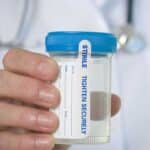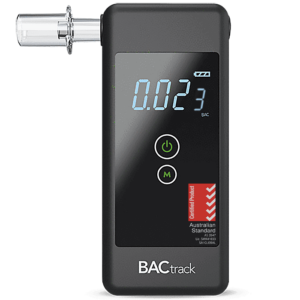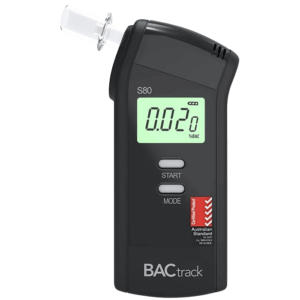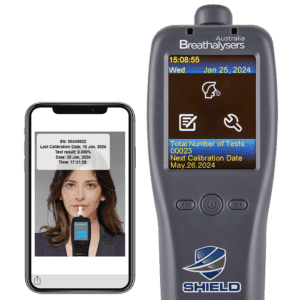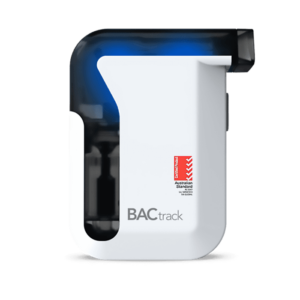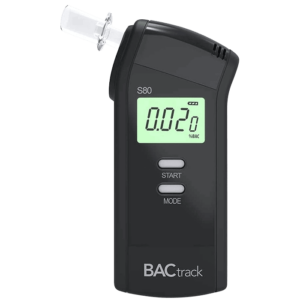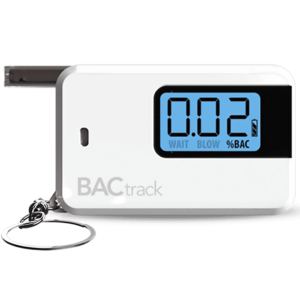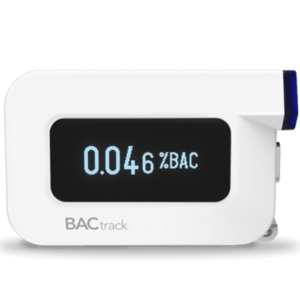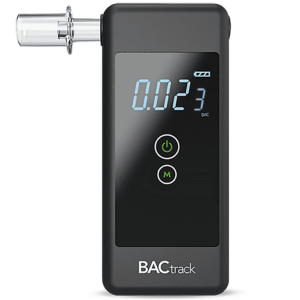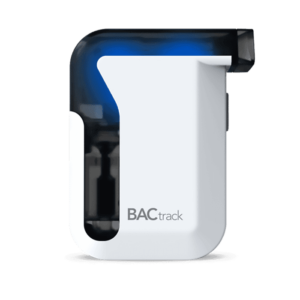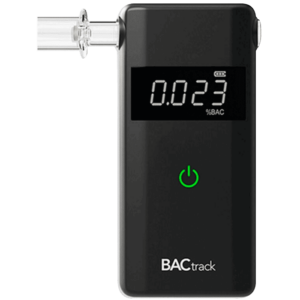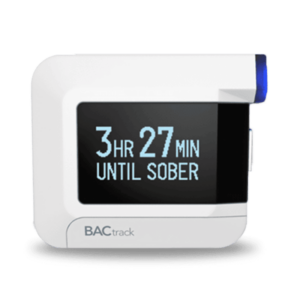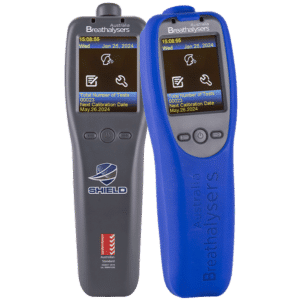Drug Testing Service: The Importance of Substance Testing in the Workplace
25 January, 2024
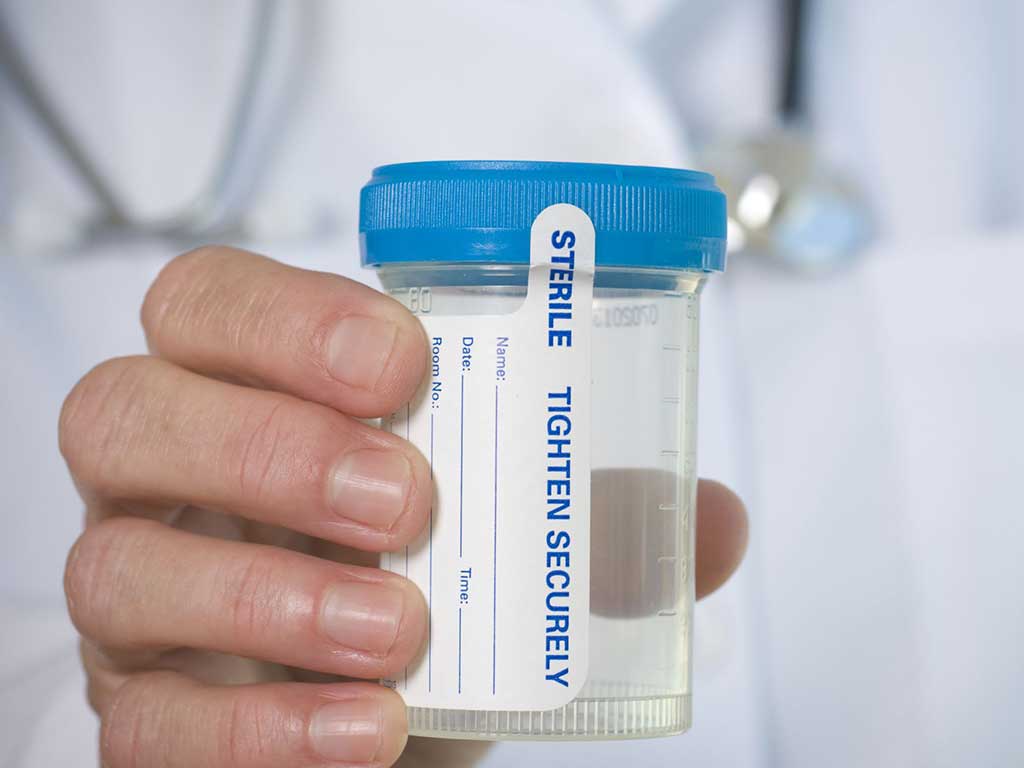
Companies employ drug testing services to monitor substance use and employee impairment in the workplace. Detecting drug use is of vital importance, as it helps minimise the risk of accidents and other detrimental effects. It is one of the cost-effective measures in ensuring a safe and productive work environment. Aside from safety reasons, regular drug testing also helps improve productivity and minimise losses. Thus, understanding the methods and legalities can help companies implement an effective drug testing program.
Drug abuse can lead to various negative consequences, including long-term health issues, impaired abilities, and safety risks. By implementing a drug testing program, organisations can identify employees with substance use disorders. This allows for timely intervention and support, which can help prevent further harm to the individual and their colleagues. The following sections will present the importance of workplace testing services, types of testing methods, and legal considerations for implementing the tests.
Importance of Drug Testing Services in the Workplace
Ensuring a safe and productive work environment is crucial, especially in high-risk industries. One way to achieve this goal is by utilising a drug testing service. This approach tests employees using biological specimens to detect the presence of drugs and alcohol in the system. This can help strengthen the safety measures of the workplace, especially in preventing accidents and injuries.
Additionally, drug-checking service providers are well-versed in the regulations surrounding workplace drug tests. Accredited laboratories hire qualified collectors who can perform the proper procedures for specimen collection according to set standards. Therefore, companies can ensure they get reliable results and make informed decisions. The laboratory test results can support imposing disciplinary actions and even termination and legal cases.
Workplace drug testing is valuable in many situations and circumstances. Business owners often conduct the test during pre-employment to screen potential employees who may have drug and alcohol abuse. It is also helpful in monitoring employees who may be under the influence of illicit substances while working. Overall, it provides an objective and unbiased way to assess fitness for duty and compliance with company policies.
Reasons to Conduct the Testing
- Ensure a safe and healthy work environment by identifying and addressing drug-related issues.
- Prevent accidents from individuals who are under the influence of illicit drugs or alcohol.
- Maintain productivity and efficiency within the workplace. Drug testing deters substance abuse, improving the work performance of employees.
- Lower absenteeism, downtime, and turnover rates.
- Comply with legal requirements and minimise legal liabilities for the company due to substance-related accidents.
- Promote employee accountability and responsible behaviour.
- Offer intervention or treatment assistance to employees struggling with drug or alcohol addiction.
- Demonstrate a commitment to protect employee health and well-being.
- Reduce overall costs, especially hospitalisation expenses and insurance claims.
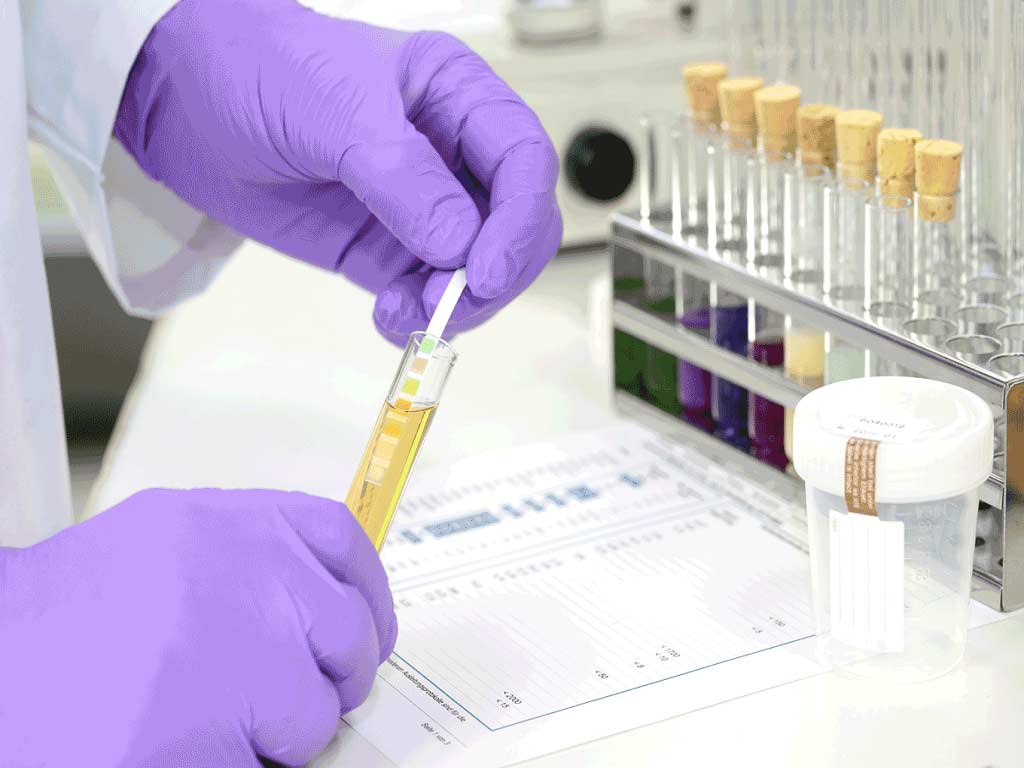
Types of Methods in a Drug Testing Service
Drug testing services offer different test methods, depending on the specific needs of an organisation. Each type has its own advantages and limitations, but urine testing is the most common due to its accuracy and efficiency. A urine drug test can detect substance usage within the past two days or weeks.
Another option is saliva testing. It can trace common drugs of abuse in saliva within a shorter period than urine samples. Hence, this method is suitable for determining recent drug use. The sample collection procedure is less invasive and can be done in plain view, minimising the possibility of tampering. Moreover, alcohol breath tests measure the Blood Alcohol Concentration (BAC), which is the amount of alcohol in the system.
Lastly, the blood test method is the most accurate and can detect drug use within a few hours. However, it is more invasive and requires medical professionals to draw blood samples. Due to its intrusive nature and high costs, it is often reserved for confirmatory testing. Therefore, the choice of method depends on the purpose of the test, the detection period, and the level of accuracy required.
Substances that Can Be Detected
Drug screening can detect both illegal and legal drugs. The tests include marijuana or cannabis metabolites, cocaine metabolites, amphetamine-type substances, heroin and Phencyclidine (PCP). There are common substances that some individuals abuse due to their euphoric effects. They are also classified as high-risk due to their addictive properties.
Furthermore, drug tests can trace prescription medications such as opioids and benzodiazepines. In alcohol detection, the test looks for ethanol, which is the main compound in beverages. Urine, saliva, and hair tests can also identify metabolites like Ethyl Glucuronide (EtG) and Ethyl Sulfate (EtS). They are biomarkers of alcohol that indicate consumption.

Legal Considerations for Drug Testing Services in the Workplace
When it comes to drug testing services in the workplace, there are several legal considerations to be aware of. These factors ensure that testing is conducted in a fair and lawful manner. One important consideration is compliance with federal and state laws. Employers must be well-versed with the specific regulations governing their industry or jurisdiction.
Another critical aspect is maintaining employee privacy. The testing process should protect the personal information of the individual. It may involve ensuring the confidentiality of test results and limiting access to authorised personnel. Additionally, it is crucial for companies to establish clear policies and procedures. These policies should outline the purpose of drug and alcohol testing, which types of tests are permissible, and when and how often to administer them.
Lastly, employers must be cautious of potential discrimination issues in implementing the tests. The policy should be consistent across all employees without singling out certain individuals or groups. Communicating these policies effectively to employees helps ensure transparency and fairness throughout the process.
Can an Employee Refuse a Test?
Generally, employees must submit to a test if it is an agreed condition in their employment contract. This includes random testing, which can happen anytime. However, companies must ensure they have reasonable grounds for testing. Likewise, it is vital for employees to cooperate with the requests, especially if they relate to workplace safety.
If an employee refuses a test, there should be a valid reason for doing so. They must also be aware of the consequences of failing to provide a test sample. For instance, refusal can be grounds for termination. Therefore, adherence to policies is crucial to avoid negative consequences.
Conclusion
Drug testing services provide companies with a reliable method to detect substance use or impairment in the workplace. The main purposes of the test are to prevent accidents, improve productivity, and meet legal requirements. Furthermore, it involves strict protocols for conducting the test according to relevant laws and testing standards. This approach ensures the return of accurate results. Hence, it aids in making informed decisions, particularly in securing the safety of employees.
There are various test methods available, and each type offers distinct advantages. The common methods are urine, saliva, blood, and breath alcohol testing. They differ in their sensitivity, detection window, and accuracy level. Thus, employers should use the right procedure depending on the situation. Moreover, there are several legal considerations to consider, such as privacy and discrimination concerns. Therefore, the policies must be respective of those rights to avoid legal risks.

















